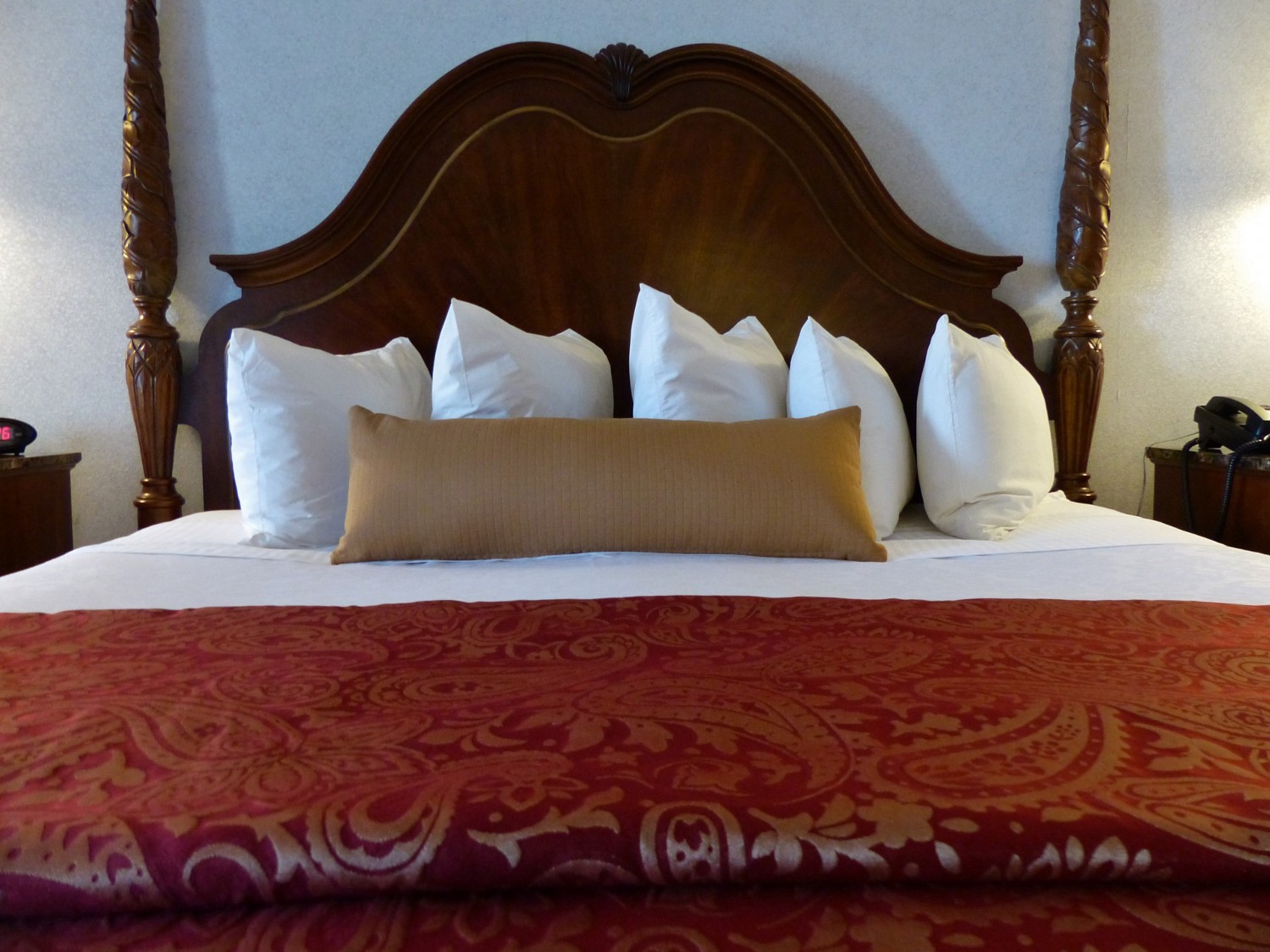Ever since I received eight hours of sleep in one week at the start of my advertising career, I’ve been a big believer in the importance of sleeping my way to the top.
No, I’m not talking about heating things up between the sheets with every office worker who has the potential to boost careers, but rather entertaining a much more enticing notion: getting sufficient amounts of snooze time as a means to create — and maintain — workplace success. Sleeping our way to the top, if you will.
While my aforementioned sleepless week occurred nearly 15 years ago, it’s a memory that has stuck with me and, as it turns out, has remained a workplace constant at most other companies I’ve worked for. Start early. Stay late. Begin intense projects and brainstorming sessions at 9:00 PM. Work while on vacation. Work while grocery shopping. Stay at work just because it conveys an impressive presence. Email from the bed, send texts just before setting the alarm clock.
It’s been ingrained in our career-driven minds to accept sleeplessness as a career-accelerating norm, an unspoken given if we are to make it to the top of the so-called corporate ladder. Whether we simply have our eye on a promotion or aspire to be the CEO, we must — or so we think — turn away from the lure of our sheets and give into the temptation of late-night meetings.
So, we set out to prove ourselves to our bosses. We even set out to prove ourselves to ourselves, trying to see how far we can push our drained bodies. Just one more hour to work on this report. It’s only 10:00 p.m., after all. Until that hour becomes midnight, and midnight turns into a 2:15 a.m. bedtime. Then the smell from the coffee maker jolts us from our sleep — all three hours of it.
The link between sleep and productivity
Without sufficient sleep, our brains become foggy, our moods cranky and our workplace productivity goes downhill. That’s why I’m a firm believer that if people are to succeed and businesses are to flourish, then it’s essential for the creation of work cultures that understand sleep’s role in generating happy employees and successful business outcomes.
Of course, this means putting more reasonable work hours in place (and adhering to them) and encouraging, rather than forfeiting, vacations.
Think this whole sleeping your way to the top stuff is nonsense?
Research has shown that with more Zs comes improved workplace productivity. With sufficient levels of sleep — the recommended amount for adults is seven to eight hours daily, by the way — comes more mental clarity, improved energy levels and faster reaction times. Sleep deprivation, on the other hand, keeps our physical and mental batteries depleted, zapping our ability to perform as effectively as we should.
Sleep deprivation leads to increased mistakes and health problems
Consider a study in which participants were intentionally sleep-deprived, then given a series tasks. Overall, those who were exhausted demonstrated a slower work output and made more mistakes, which increased as sleep levels decreased. Furthermore, sleep-deprived employees have been found to be at a higher risk for getting in workplace accidents, which can also severely jeopardize a company’s success and thwart overall productivity.
Does this sound like a thriving workplace? Hardly.
Indeed, the link between sleep and good health is significant. A study published in the September 2015 Trends in Neurosciences noted that sleep may actually help strengthen long-term memories in the immune system. That’s huge news! Sleep and immunological responses are linked; the immune system is able to recall bacterial or viral encounters which can help the human body recognize previous infections and react accordingly.
“If we didn’t sleep, then the immune system might focus on the wrong parts of the pathogen,” says the study’s senior author Jan Born. “In addition to this, there is evidence that the hormones released during sleep benefit the crosstalk between antigen-presenting and antigen-recognizing cells, and some of these important hormones could be lacking without sleep.”
Still think working late on a frequent basis sounds like a good idea?
You know you want to: sleep your way to the top
Sleep helps heal your body, increase workplace productivity while decreasing accidents (everything from vehicular accidents while driving home from work to those “uh-oh, I sent an email with two typos to the company president” accidents), and leads to better moods. Enough of it getting such an undeserved bad rap in the workplace. Our bodies need sleep to function optimally. Plain and simple.
So, sleep, and sleep some more. Give in to a bedroom that beckons. Peel back the layers of your bed, one luxurious sheet and comforter at a time, and sleep your overworked soul to the top.
More:
Sleep Sleep Deprivation Productivity Workplace Burnout
Originally published at www.huffingtonpost.com on October 2, 2015.
Originally published at medium.com


